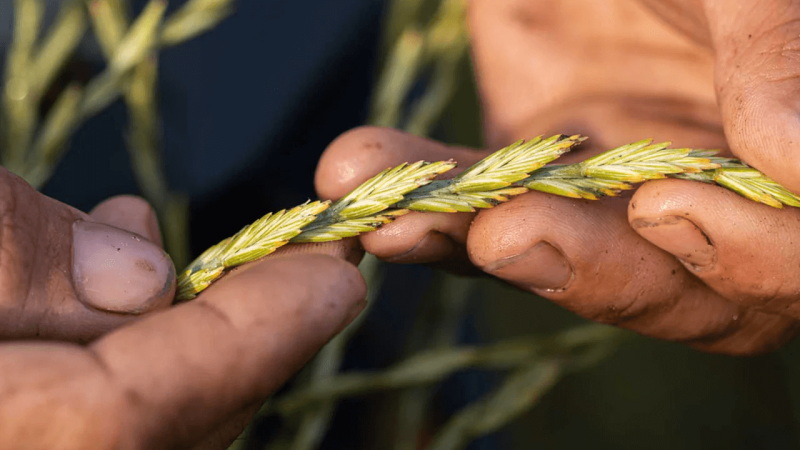Barley and wheat are also vulnerable to erratic weather patterns. Already, harvests of these staple grains have been disrupted across the world, putting the beer industry—and the wider wellbeing of humanity—in jeopardy. For proponents of experimental, perennial grains, products like Kernza might be a revolutionary solution, one that could support brewers and maltsters while also preventing soil erosion, restoring soil nutrients, and anchoring local ecological communities.
But these nascent crops are not without their challenges—both for the farmers who cultivate them and for the brewers who seek to use them.
At present, waiting for a solid customer base to form around Kernza is perhaps the most challenging aspect for farmers like [Anne] Schwagerl. “We’re learning, kind of the hard way, that buyers need time to perform their own research and development,” she says. It’s a slow process. “That’s been kind of a challenge: managing the development of this crop, the growth of this crop, with the realities of the value chain.”
…
In terms of its flavor profile, [brewer Casey] Letellier notes that Kernza goes beyond what he might expect of a grain. This may ultimately limit its versatility in a brewing context, though the flavors it offers can be quite striking. “I have felt, sometimes, like the vocabulary to describe what I’m experiencing … I’m struggling,” says Letellier. “It definitely has a really lovely spice note.”































